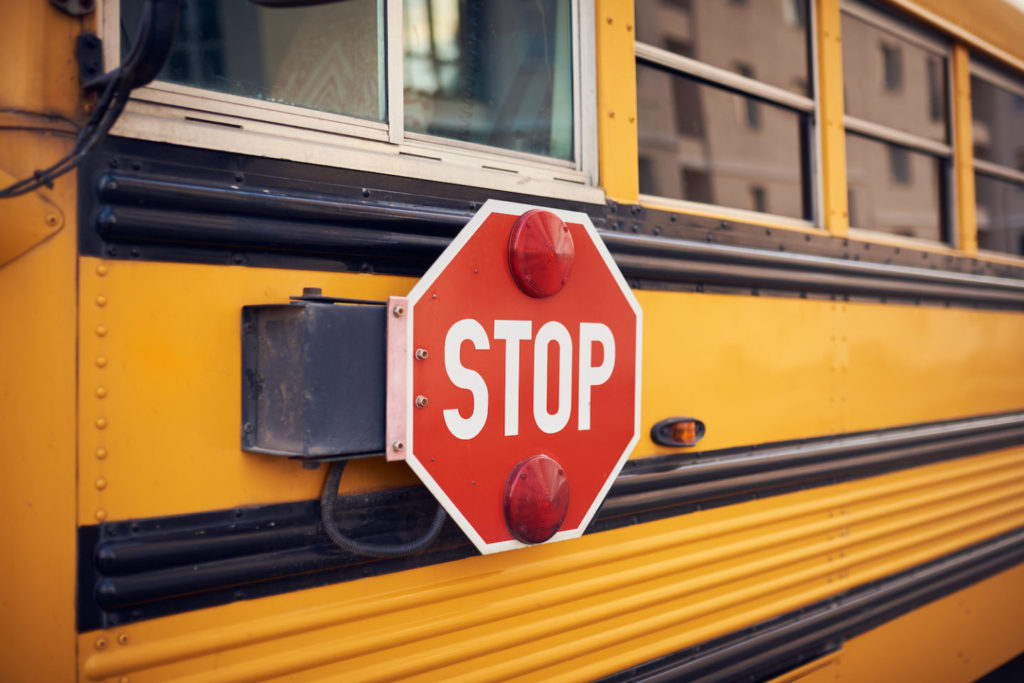‘Back to the pony express’: California superintendents criticize expensive electric school bus mandate
Some California public schools are pushing back against a new law mandating all school buses be electric by 2035.
In October, Gov. Gavin Newsom signed Assembly Bill 579, directing all newly…

Some California public schools are pushing back against a new law mandating all school buses be electric by 2035.
In October, Gov. Gavin Newsom signed Assembly Bill 579, directing all newly purchased school buses in 2035 to be “zero-emission vehicles, where feasible.”
The author of the bill, Assemblyman Phil Ting, D-San Francisco, claimed the mandate addresses issues such as air pollution and children’s exposure to carcinogenic diesel emissions.
“It’s even more important for rural areas because they’re on the bus longer,” Ting said, according to the Los Angeles Times.
But Lassen Union High School District Superintendent Morgan Nugent claims the new mandate introduces more problems than solutions.
“The last thing we want to do is have kids stuck on the side of the road in a dead electric bus,” Nugent said, the LA Times reported. “Especially in the snow. We want to do our best for our environment. We live up here in the mountains. We want to see our resources protected. But we have to be realistic.”
In an interview with Fox News, Nugent claimed Lassen Union’s four battery-powered buses can only go 93 miles on a full charge.
“Some of our sporting trips that are over 160 up to 220 miles away,” Nugent said. “So, the idea of going ahead and putting our kids into these buses for these long trips means that we would have to swap out buses 2 to 3 different times just to get to a game.
“We’re sort of going back almost to the situation of the pony express days where we end up switching out our horses, well now our electric buses, to go ahead and get our kids to sporting events.”
Nugent isn’t the only one apprehensive about the new mandate.
Tom O’Malley, superintendent of the Modoc Joint Unified School District, rejected a $2.3 million federal grant to purchase electric buses.
“The technology is going to have to improve a lot before we would consider switching,” O’Malley said.
Anotehr district, Bishop Unified, purchased two electric school buses in 2020, according to Todd Remley, the district’s director of maintenance, operations and transportation. But both buses had maintenance issues.
Remley said the first bus would speed up too quickly when the motor surged or would go into “limp mode” and wouldn’t accelerate.
“The second bus worked a lot better,” Remley said. “Until it caught on fire.”
The bus was plugged into the charger when it began smoking, then erupted into flames.
Bishop Unified isn’t the only district with buses catching fire.
Eastern Sierra Unified School District says both of its buses’ charging equipment caught fire too.
Assemblywoman Megan Dahle, R-Bieber pushed for a deadline extension for rural schools, but said it’s still not enough time to prepare.
“Would we all love electric buses? Absolutely,” Dahle said. “That would be great. But they just don’t work for us.”
Ting disagrees with the pushback, claiming the timeline is “absolutely not radical” as schools can continue using diesel buses purchased before 2045 until the buses are no longer operational.
“I think they [the school districts] just don’t like being told what to do,” Ting accused.
Public schools are receiving large government grants to swap their diesel buses for electric buses. Each electric bus costs more than $433,000, twice as much as a new diesel bus.



